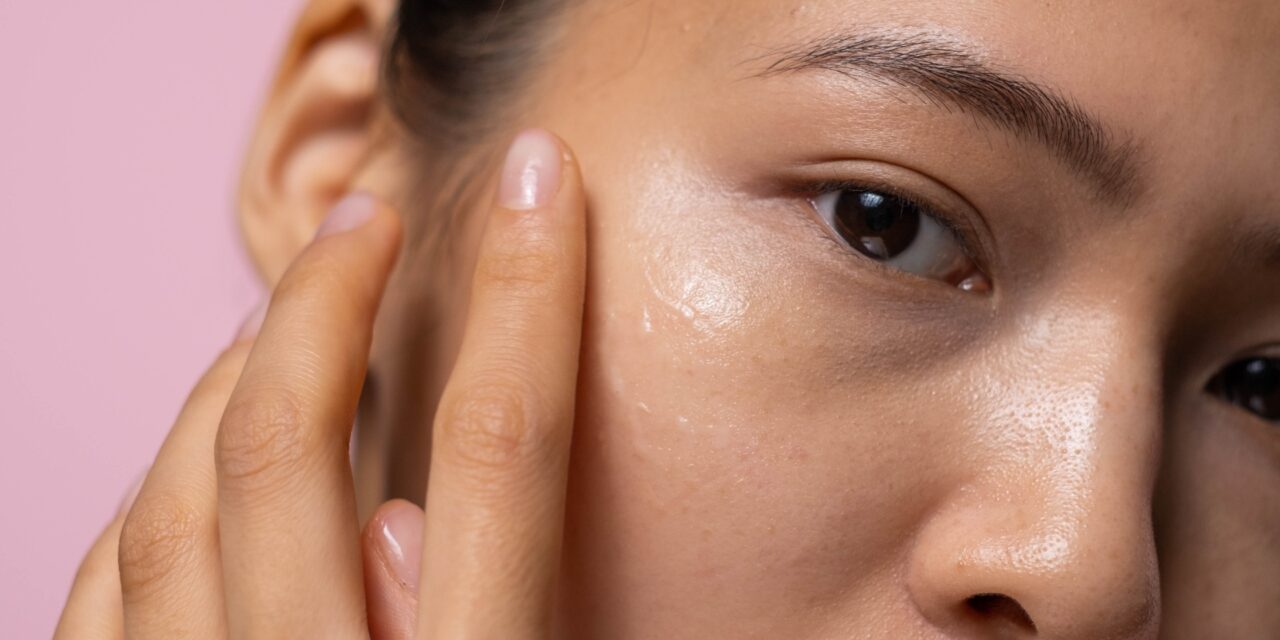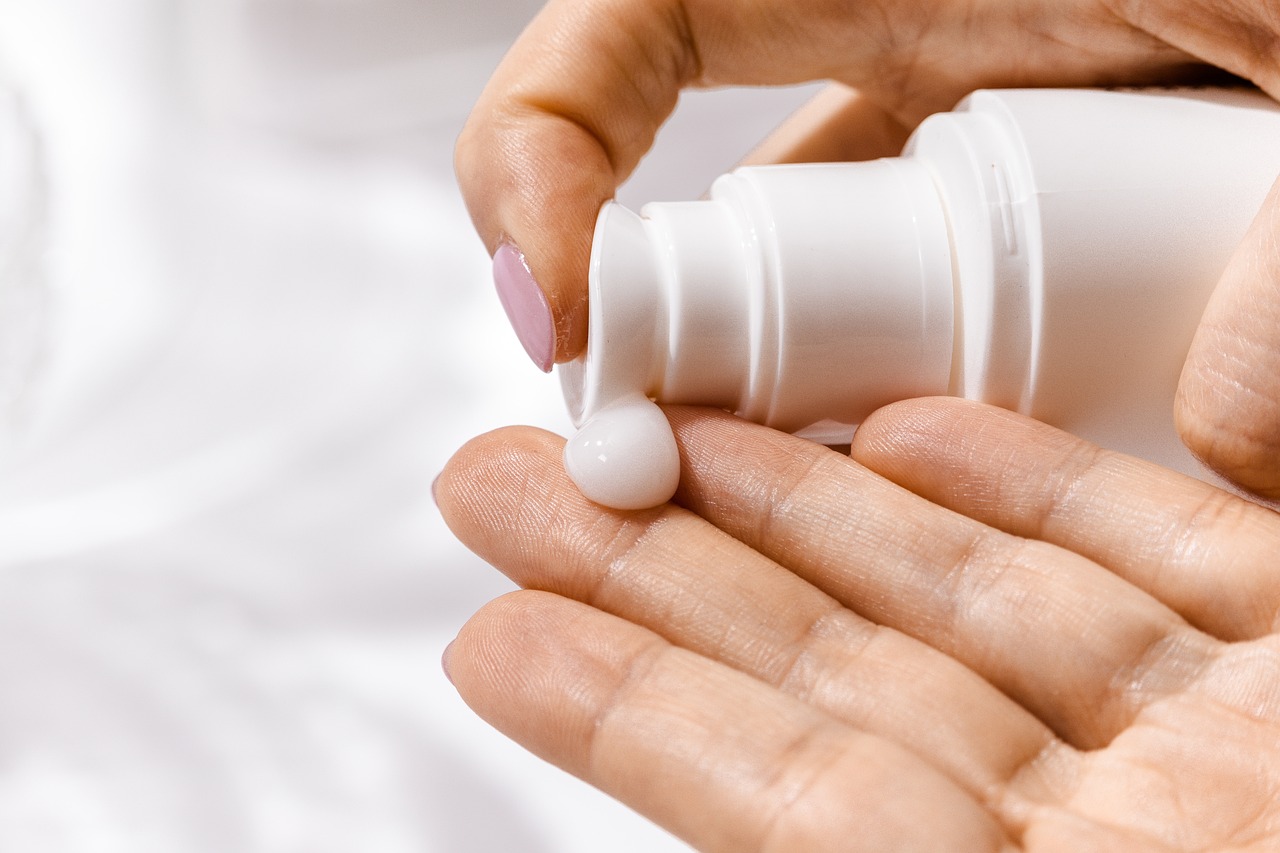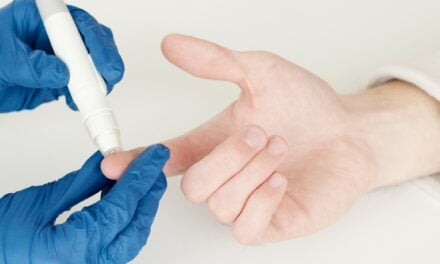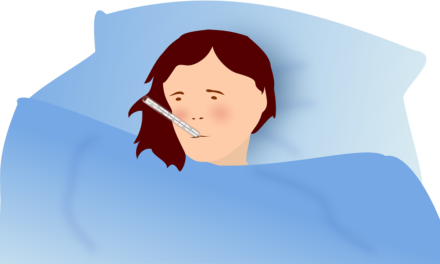Eczema, also known as atopic dermatitis, is a common skin condition that affects millions of people worldwide. Steroid creams have long been a standard treatment for managing eczema symptoms, providing relief from itching, redness, and inflammation. However, there are instances when steroid creams may not be as effective as desired in alleviating eczema symptoms. In such cases, it becomes crucial to explore alternative approaches and complementary treatments to find relief and manage eczema effectively.
Understand the Nature of Your Eczema:
Not all types of eczema respond equally to steroid creams. It’s essential to understand the specific nature of your eczema to explore alternative treatments. Eczema can vary in severity, triggers, and underlying causes. Consulting a dermatologist can help determine the type of eczema you have and guide you toward more targeted treatments.
Identify Triggers and Make Lifestyle Adjustments:
Eczema flare-ups are often triggered by certain factors such as stress, allergens, climate, or irritants. Identifying these triggers and making appropriate lifestyle adjustments can significantly reduce the frequency and severity of flare-ups. Keep a journal to track your eczema symptoms and potential triggers, and discuss them with your healthcare professional for personalized advice.
Moisturize Regularly:
Proper moisturization is essential in managing eczema. Moisturizers help restore and maintain the skin’s natural moisture barrier, preventing dryness and reducing itching. Opt for fragrance-free and hypoallergenic moisturizers that are specifically formulated for sensitive skin. Apply moisturizer immediately after bathing or showering to lock in moisture effectively.
Try Topical Non-Steroidal Treatments:
When steroid creams aren’t providing the desired relief, non-steroidal topical treatments can be explored. These include calcineurin inhibitors, such as tacrolimus and pimecrolimus, which help reduce inflammation and itching. These medications can be prescribed by a dermatologist and are particularly useful for sensitive areas like the face and genitals.
Embrace Natural Remedies:
Many individuals with eczema find relief from natural remedies. While scientific evidence may vary, some natural treatments have shown promising results. These include applying coconut oil, aloe vera gel, or oatmeal baths to soothe the skin. However, it’s crucial to consult with a healthcare professional before trying any natural remedies to ensure they are safe and suitable for your specific condition.
Explore Phototherapy:
Phototherapy, also known as light therapy, is a treatment option that involves exposing the skin to specific wavelengths of light to reduce inflammation and itching. Ultraviolet light therapy, conducted under medical supervision, can be an effective alternative when steroid creams are not providing adequate relief. It is important to consult with a dermatologist to determine the most suitable type of phototherapy for your eczema.
Consider Systemic Medications:
In severe cases of eczema that do not respond to topical treatments, systemic medications may be prescribed. These medications work from within the body to suppress the immune system or target specific immune responses associated with eczema. Systemic medications should only be used under the guidance of a healthcare professional, as they may have potential side effects and require careful monitoring.
Seek Emotional Support:
Living with eczema can take a toll on one’s emotional well-being. It is crucial to seek emotional support from friends, family, or support groups. Sharing experiences, seeking advice, and connecting with others who understand the challenges of living with eczema can be immensely helpful in managing the condition positively.
Conclusion:
While steroid creams are a commonly prescribed treatment for eczema, they may not always provide the desired relief for everyone. Understanding your specific type of eczema, identifying triggers, and exploring alternative treatments can help manage the condition effectively. By incorporating lifestyle adjustments, moisturization, non-steroidal topical treatments, natural remedies, phototherapy, systemic medications (when necessary), and seeking emotional support, individuals can find relief and improve their quality of life while living with eczema.
In the United Kingdom,
where eczema affects a significant number of individuals, there are various resources and support systems available to assist those seeking relief when steroid creams don’t prove effective. The National Eczema Society in the UK provides valuable information, advice, and support to people with eczema and their families. Additionally, dermatologists and healthcare professionals in the UK are well-versed in the latest advancements in eczema treatment and can guide individuals toward alternative approaches and complementary therapies to manage their condition effectively. The UK’s healthcare system offers a comprehensive network of services, ensuring that those living with eczema have access to the care and support they need to improve their quality of life.
FAQs
Q: What should I do if steroid cream doesn’t help with my eczema?
A: If steroid cream doesn’t provide the desired relief for your eczema, there are several steps you can take. First, consult a dermatologist to understand the specific nature of your eczema and explore alternative treatments. Identifying triggers and making lifestyle adjustments, such as reducing stress and avoiding irritants, can also help. Additionally, moisturizing regularly with fragrance-free and hypoallergenic moisturizers, trying non-steroidal topical treatments, embracing natural remedies, considering phototherapy or systemic medications (under medical supervision), and seeking emotional support are all viable options to manage eczema when steroid creams are not effective.
Q: Can natural remedies help with eczema if steroid creams aren’t working?
A: While the effectiveness of natural remedies may vary from person to person, some individuals with eczema have found relief through natural treatments. Applying coconut oil, or aloe vera gel, or taking oatmeal baths can soothe the skin. However, it is important to consult with a healthcare professional before trying any natural remedies to ensure they are safe and suitable for your specific condition. Natural remedies can complement other treatments but should not replace medical advice or prescribed medications.
Q: What is phototherapy, and can it be helpful for eczema that doesn’t respond to steroid creams?
A: Phototherapy, also known as light therapy, involves exposing the skin to specific wavelengths of light to reduce inflammation and itching. It can be an effective alternative when steroid creams are not providing adequate relief for eczema. Ultraviolet light therapy, administered under medical supervision, is commonly used for this purpose. However, the suitability and type of phototherapy should be determined by a dermatologist based on your specific condition and needs.
Q: Are there systemic medications available for severe eczema that doesn’t improve with topical treatments?
A: Yes, systemic medications may be prescribed for severe cases of eczema that do not respond to topical treatments. These medications work from within the body to suppress the immune system or target specific immune responses associated with eczema. However, systemic medications should only be used under the guidance of a healthcare professional, as they may have potential side effects and require careful monitoring.
Q: How can emotional support be beneficial for managing eczema?
A: Living with eczema can be emotionally challenging, and seeking support can make a significant difference. Connecting with friends, family, or support groups who understand the challenges of living with eczema can provide a sense of understanding and solidarity. Sharing experiences, seeking advice, and discussing coping strategies can help alleviate the emotional burden associated with the condition. Emotional support plays a crucial role in managing eczema positively and improving overall well-being.
Author

Dr. Aditya K. Sharma
I am Dr. Aditya Sharma, a dedicated urologist specializing in kidney transplants and advanced urological surgeries. My career is driven by a passion for delivering exceptional care and pioneering surgical techniques. Outside the operating room, I have a keen interest in studying the effects of anabolic steroids on bodybuilding, seeking to understand the fine line between enhancing performance and maintaining health.








